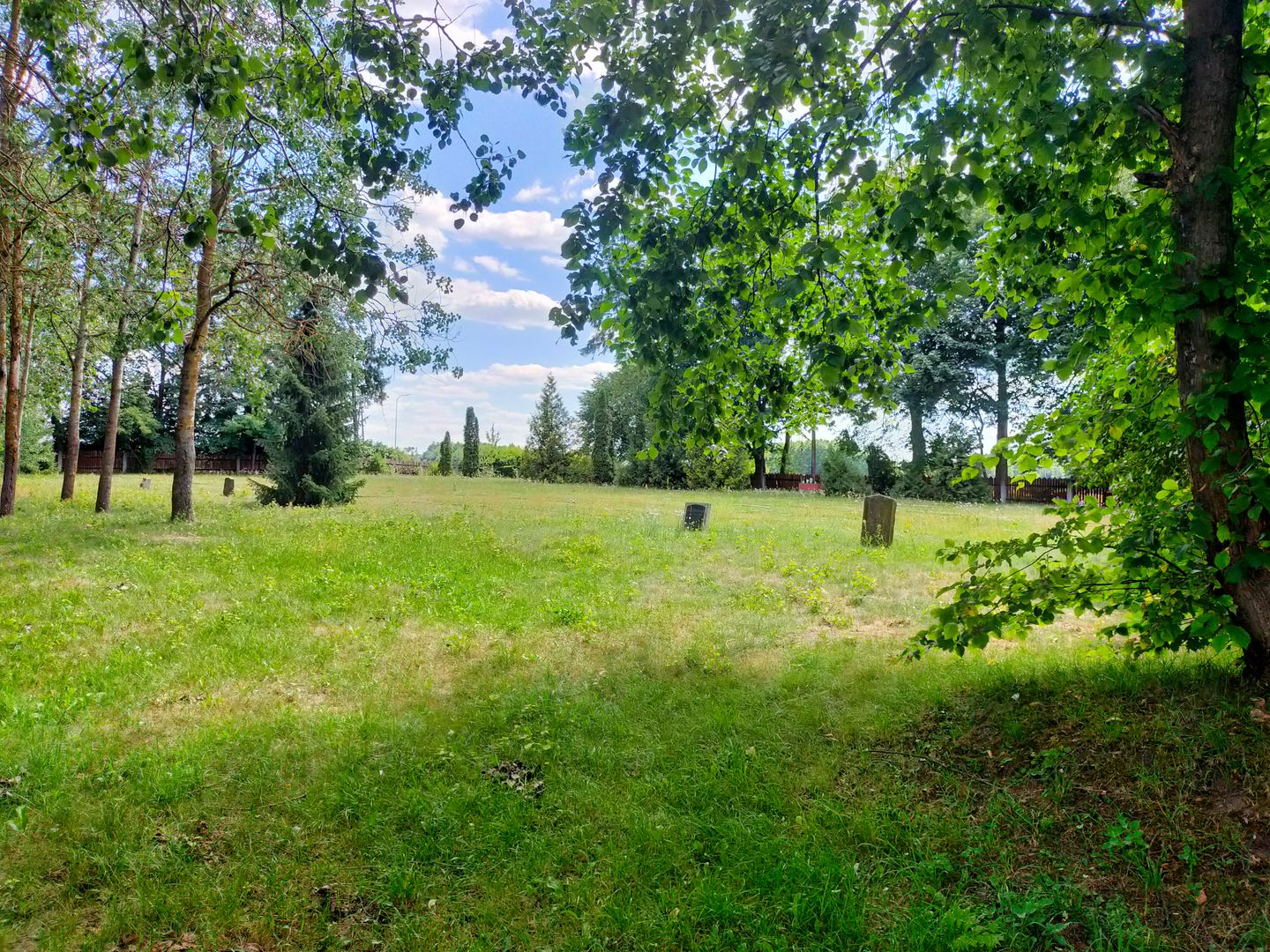Wielbark
6.07

Overview
Wielbark, a town in the Warmian-Masurian Voivodeship, was founded by the Teutonic Knight commander Frederick von Willenberg between 1317 and 1327. Initially, a Teutonic guardhouse, Wildhaus, was established there, around which a settlement of beekeepers and smelters gradually developed. By 1361, a procurator in Wielbark was mentioned. The stone castle built at the end of the 14th century was used by Duke Albert but later fell into ruin, remaining in that state for centuries. In the 18th century, the royal domain office, which later became the town hall, was built on its site. The town has an interesting administrative history, as between 1466 and 1657 it was a fief of the Kingdom of Poland. During the period of great development of the cloth and weaving industries, it gained town rights in 1723, which were lost in 1946 as a result of World War II. Town status was restored on January 1, 2019. The main architectural monuments include the neo-Gothic Catholic Church of St. John Nepomucene from 1879–1880 and the Evangelical church from 1823–1827, though the latter is currently unused. In Wielbark, one can also find 19th-century houses, World War I military cemeteries, and a park. Interestingly, the town hosted both Napoleon and Tsar Alexander I. The economy of Wielbark is based on the wood industry, with an IKEA factory and numerous sawmills. Transport is provided by a railway station and numerous bus connections to other Polish cities. The town is picturesquely situated on the Sawica River amidst forests, making it an attractive place for both residents and tourists. In 2016, residents applied for the restoration of town rights, and positive consultations contributed to the eventual regaining of city status.
Location
2026 Wizytor | All Rights Reserved